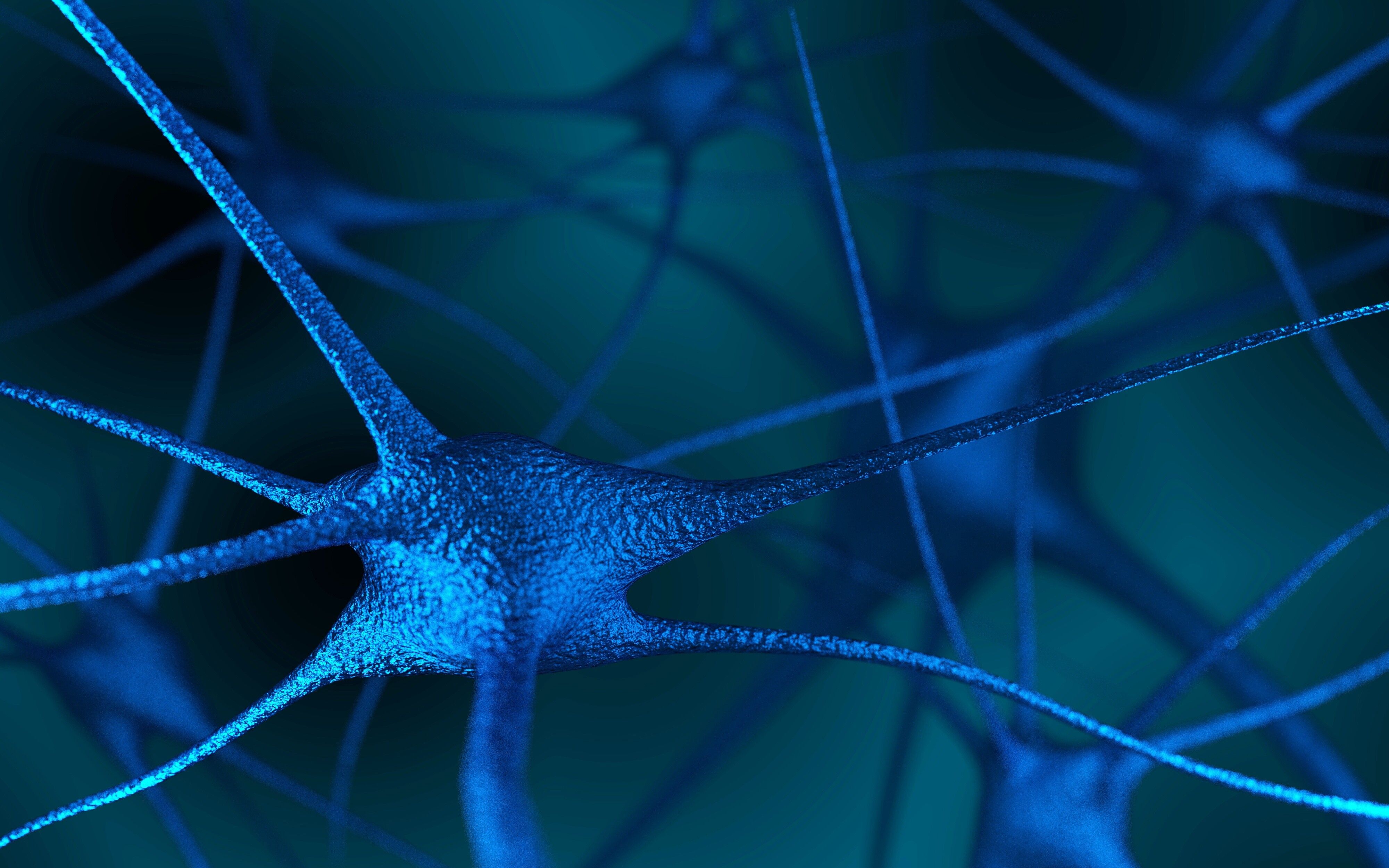Belgian researchers discover gene specific to human brain

A team from the Centre for Brain and Disease Research at VIB-KU Leuven has identified a gene that is only expressed in human neurons. The discovery could lead to better treatments for certain forms of epilepsy and autism.
The researchers discovered the LRRC37B gene while studying the differences between the human brain and that of other primates. Their findings were published on Thursday in the journal Cell.
Researchers at the Flemish Institute for Biotechnology (VIB) have studied the molecular mechanisms that make neurons in the cerebral cortex, which are involved in higher cognitive functions, less excitable.
"This discovery suggests that some of our neurons may function differently from those of other primates"
Less excitable neurons could allow the brain to process more complex information, explaining the difference between the human brain and those of other species.
According to the research by Baptiste Libé-Philippot, Joris De Wit and Pierre Vanderhaeghen, a previously unknown gene modulates the excitability of human neurons, a characteristic that is unique to our species.
"This discovery suggests that some of our neurons may function differently from those of other primates, even those of chimpanzees, our closest cousins," said Vanderhaeghen.
The discovery could facilitate the development of "innovative treatments for certain neurological diseases"
The researchers identified a receptor protein called LRRC37B that interacts with other proteins to modulate the activity of electrical currents at the membrane of neurons.
"This could, for example, allow us to process more complex information, such as language, more efficiently and with greater precision," said Libé-Philippot.
This discovery could also lead to a better understanding of certain diseases. The scientists discovered that the LRRC37B protein interacts with other proteins involved in severe forms of epilepsy and autism. This could facilitate the development of "innovative treatments for certain neurological diseases", said Vanderhaeghen.
#FlandersNewsService | 3D rendering of neurons in the brain © PHOTO AGE FOTOSTOCK